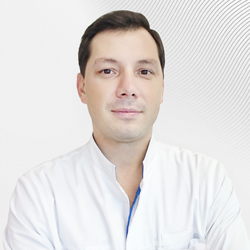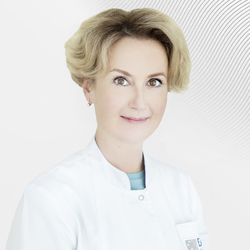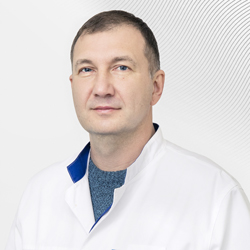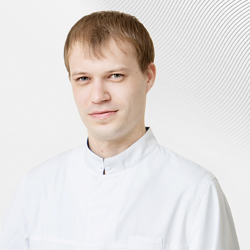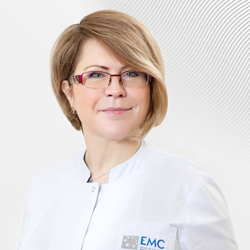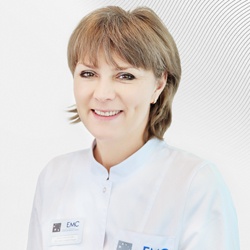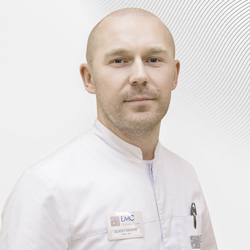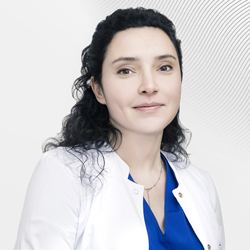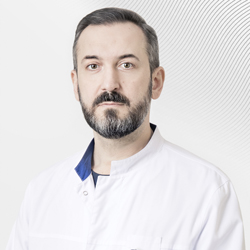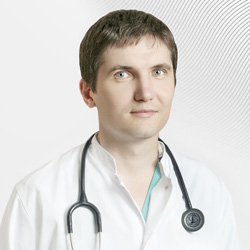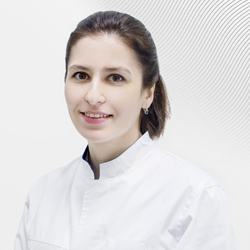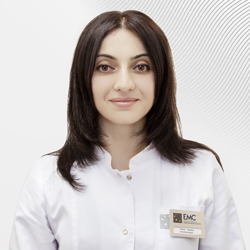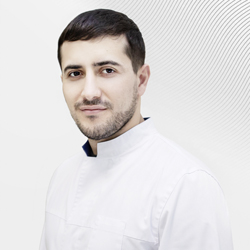About clinic
In the intensive care unit, patients are observed after an operation and before being transferred to the inpatient unit. For simple operations, supervision is carried out from half an hour to a few hours, making sure that the patient is fully awake after anesthesia, and that important indicators such as blood pressure, pulse, breathing and pain control are stable. At this point, the decision is made about transfer to an inpatient bed.
After more complex operations, such as hip replacement or major surgery on the stomach or intestines, the patient is observed and receives treatment in the intensive care unit for a day or longer, to fully stabilize and restore vital functions.
The most difficult category of patients are those with combined trauma, multiple fractures or serious health problems, requiring temporary replacement of the function of various organs and systems. For example, patients with very severe pneumonia with mechanical ventilation, patients with impaired renal function requiring renal replacement therapy, hemodialysis, or other methods of extrarenal blood purification. Patients with extensive infarctions are administered drugs that support the work of the heart, in very precise doses with special infusion dosing pumps.
For example, a patient with a chest injury, fractured ribs, and lung injury requires mechanical ventilation until the chest wall heals and the hematoma and bleeding from the injury clear from the lungs. Modern devices allow ventilation modes to be very accurately chosen in order to maintain spontaneous breathing for the patient, and not replace it entirely. This helps the patient be comfortable during breathing and facilitates the transition to spontaneous breathing.
Cardiac monitoring is used to check how the heart is working, measuring the blood pressure, pulse and oxygen saturation (the oxygen content in the blood, which is measured using a beam of light on the fingernail).
After a complicated operation on the stomach or intestines, some patients are not be able to eat for several days. In these situations, patients are fed with an intravenous solution of amino acids that are introduced at a precisely calculated rate. Once these patients are allowed to eat, tube feedings are begun, or the patient is allowed to drink a special nutritional postoperative feeding mixture. We can monitor the adequacy of feedings with a number of tests performed in our laboratory at any time of the day or night.
With some operations, the intensive care unit performs postoperative epidural analgesia for pain relief. This procedure introduces a thin catheter into the spinal nerve roots for the continuous injection of pain medication. This allows the patient to move freely and comfortably tolerate the first difficult days after the operation.
For the most difficult patients, there is a private room with an individual nurses station. All of the nurses in the ICU have been specially selected and trained.
Each of them not only accurately and safely performs all of the assigned patient manipulations, but also has the skills to properly care for seriously ill patients using the entire arsenal of modern techniques.
Thus, it is possible for our intensive care unit to successfully treat patients with a variety of serious diseases. Our highly qualified anesthesiologists, critical care specialists and nurses do everything necessary for the speedy recovery of patients.
Prices
| Name | Price, € | Price, ₽ | Code |
CONSULTATIONS > Specialist's consultation
| Oncologist consultation | 309 € | 28 687 ₽ | CS31 |
| Consultation before chemotherapy for malignant tumors and doctor's supervision during infusion treatment | 253 € | 23 488 ₽ | CS58 |
| Oncologist and palliative care specialist consultation | 405 € | 37 599 ₽ | CS59 |
| Hematologist consultation before chemotherapy | 253 € | 23 488 ₽ | CS98 |
| Radiation-Oncologist consultation | 309 € | 28 687 ₽ | CS_RT |
| Daily follow-up/consultation by treating doctor in oncology in-patient department | 309 € | 28 687 ₽ | CS139 |
TELECONSULTATIONS
| Oncologist remote consultation | 309 € | 28 687 ₽ | RCS31 |
| Oncologist and palliative care specialist remote consultation | 405 € | 37 599 ₽ | RCS59 |
| Radiologist-oncologist remote consultation | 309 € | 28 687 ₽ | RCS1_RT |
| Remote interpretation of PET-CT scan results from another clinic | 220 € | 20 424 ₽ | RCS_PET |



